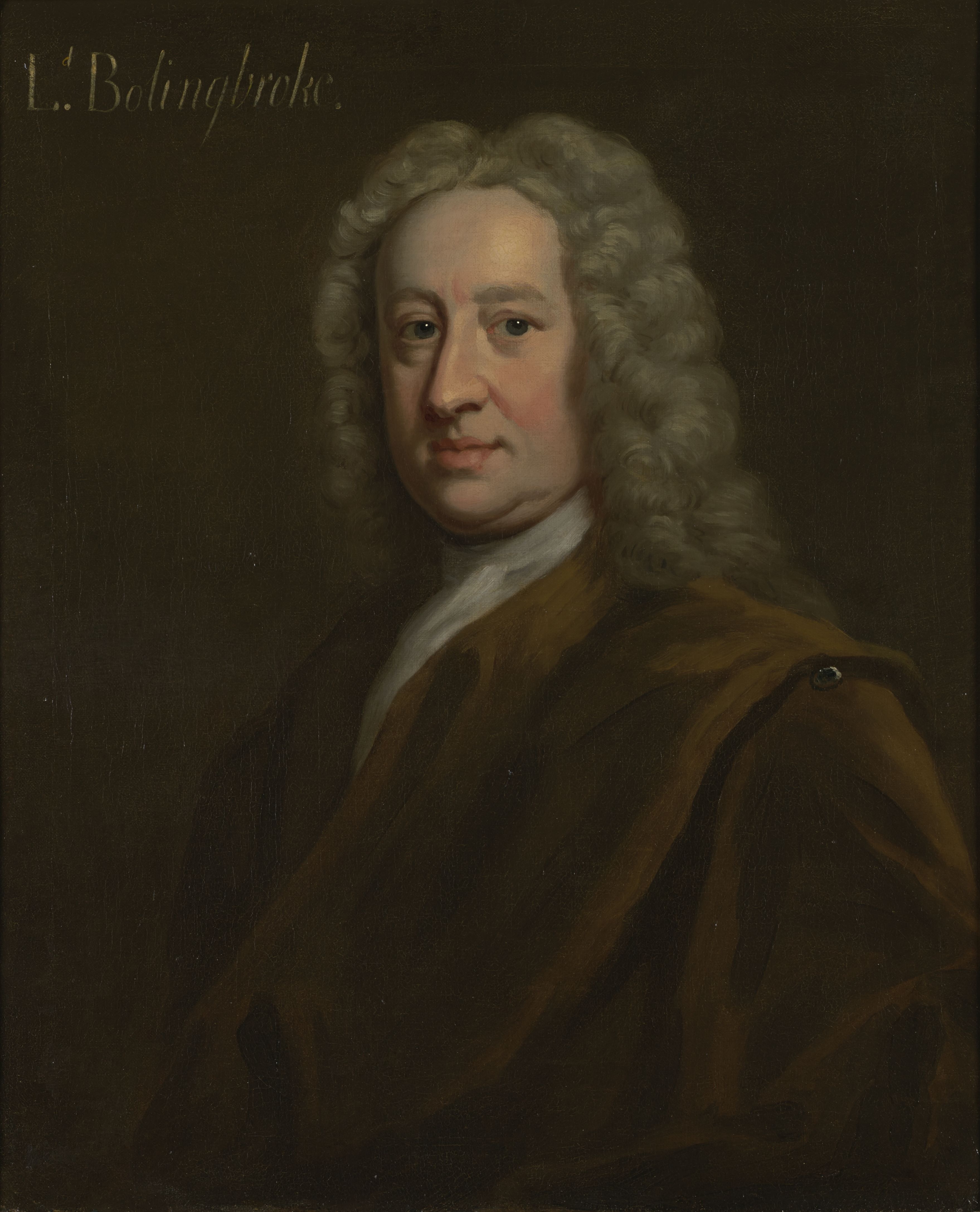Letter to Alexander Pope; compare: "Slave to no sect, who takes no private road, But looks through Nature up to Nature’s God", Alexander Pope, Essay on Man, epistle iv. line 331.
Famous Henry St John, 1st Viscount Bolingbroke Quotes
On the Study and Use of History, letter 2; in fact this relates to a third-century CE treatise on rhetoric, wrongly attributed to Dionysius of Halicarnassus, which says (xi. 2): "The contact with manners then is education; and this Thucydides appears to assert when he says history is philosophy learned from examples". The line is not found in Thucydides.
“Truth lies within a little and certain compass, but error is immense.”
Reflections upon Exile (1716)
Lord Bolingbroke's Philosophical Works http://books.google.com/books?id=E6ATAAAAQAAJ (1754) Vol.III, Essay IV, Sect XVI
“They (Thucydides and Xenophon) maintained the dignity of history.”
On the Study and Use of History, letter 5 (1752); compare Henry Fielding, Tom Jones, book xi. chap. ii.; Horace Walpole, Advertisement to Letter to Sir Horace Mann; Thomas Babington Macaulay, History of England, vol. i. chap. i.
Some Reflections on the Present State of the Nation (1753)
Henry St John, 1st Viscount Bolingbroke Quotes
As quoted in Treasury of Wisdom, Wit and Humor, Odd Comparisons and Proverbs (1891) by Adam Woolever
“Nations, like men, have their infancy.”
On the Study and Use of History, letter 4 (1752)
Letter to Mr. Drummond (10 November 1710), quoted in Gilbert Parke, Letters and Correspondence, Public and Private, of The Right Honourable Henry St. John, Lord Visc. Bolingbroke; during the Time he was Secretary of State to Queen Anne; with State Papers, Explanatory Notes, and a Translation of the Foreign Letters, &c.: Vol. I (1798), pp. 16–17
